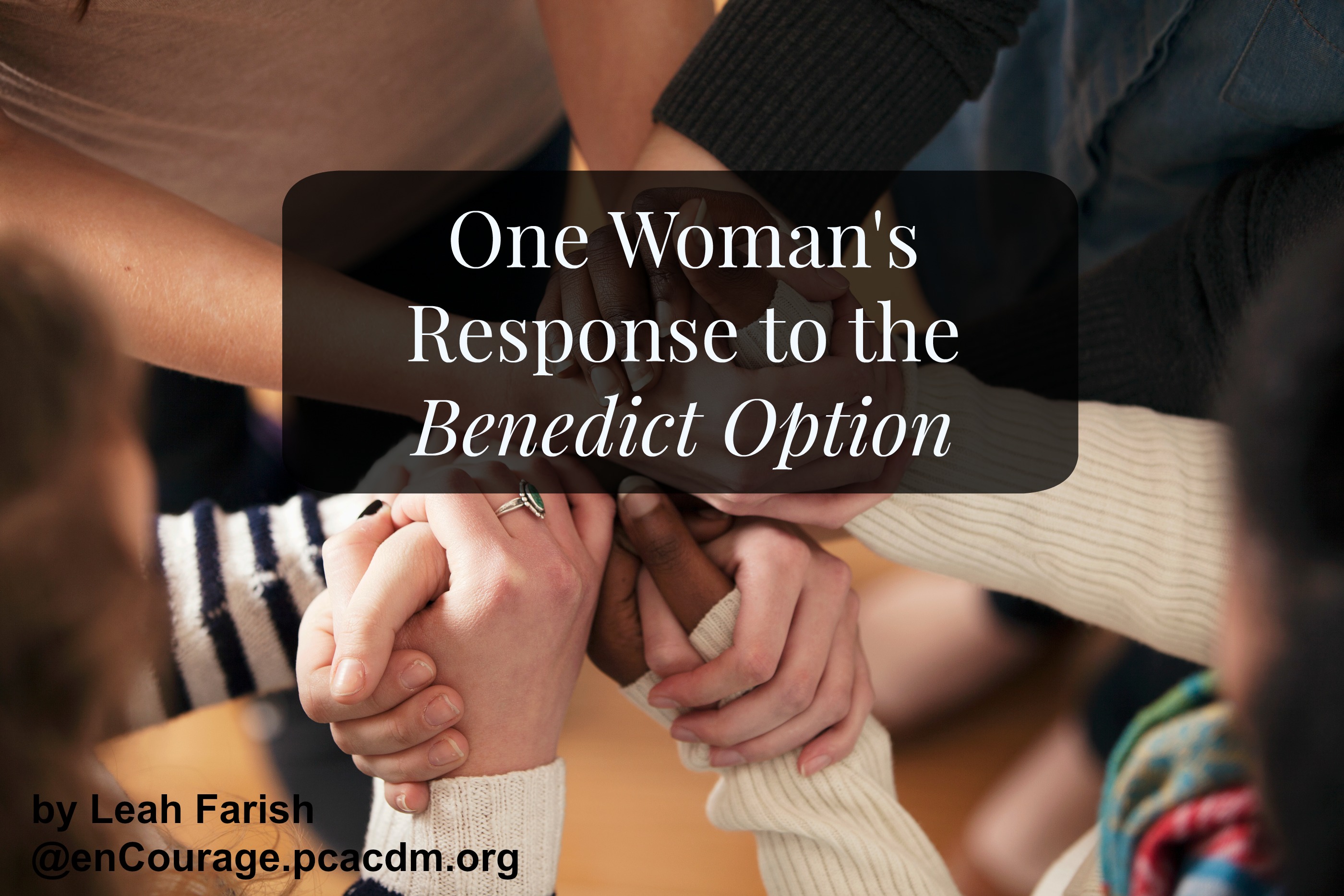The Assumptions We Make
LISA UPDIKE | GUEST We were getting pedicures—a splurge! Two women sat at our feet, trimming our nails, and chatting. One of them said something and they both began giggling. My daughter and I exchanged glances. We couldn’t speak their language and the first thing we assumed was that they were laughing at one of our feet. Haven’t you made those types of assumptions? Conversation is flowing, you hear it down the hall…you walk in…things fall silent. “Were they talking about me?” Someone looks up and then away. “Are they trying to avoid me?” You send a text with cute emojis, get a one-word response, and immediately think, “Is she mad at me?” The Danger with Assumptions Ugh! Soon we’re enslaved by our assumptions. Our concern over what someone might be thinking robs us of freedom while our inner middle-school girl begins to run our life. We avoid relationships, assuming that others will judge us for our struggles. We might dodge the put-together woman at church because, juice on our blouse, we’re worried she’ll critique our disheveled appearance. Meanwhile, she is desperately lonely, and misses being with children. We move through our lives, thinking we know the hearts and minds of others, behaving as if our assumptions are actually facts. How careful we must be, for it is from the well of such assumptions that we are prone to draw insecurity—a poisonous drink...



